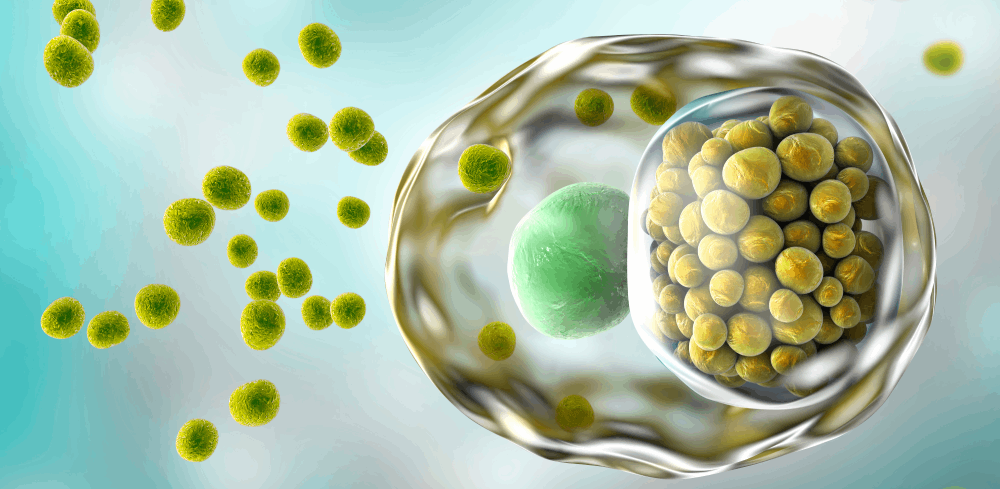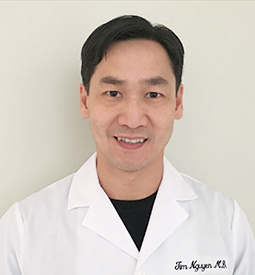Chlamydia Treatment
Disclaimer: Not medical or professional advice. Always seek the advice of your physician.

What is Chlamydia?
Chlamydia Treatment is available for those who get chlamydia, a common STD that can infect both men and women. It can cause severe and permanent damage to a woman’s reproductive system, making it difficult or impossible to get pregnant. Chlamydia can also cause a potentially fatal ectopic pregnancy (pregnancy that occurs outside the womb).
How is Chlamydia Spread?
- You can get chlamydia by having vaginal, anal, or oral sex with someone who has chlamydia.
- If your sex partner is male, you can still get chlamydia even if he does not ejaculate.
- If you’ve had chlamydia and were treated in the past, you can still get infected again if you have unprotected sex with someone with chlamydia.
- If you are pregnant, you can give chlamydia to your baby during childbirth.
How Can I Reduce My Risk of Getting Chlamydia?
The only way to avoid STDs is to avoid vaginal, anal, or oral sex.
If you are sexually active, you can do the following things to lower your chances of getting chlamydia:
- Being in a long-term mutually monogamous relationship with a partner who has been tested and has negative STD test results;
- Using latex condoms the right way every time you have sex.
Am I at Risk for Chlamydia?
Anyone who has sex can get chlamydia through unprotected vaginal, anal, or oral sex. However, sexually active young people are more likely to get chlamydia. Gay, bisexual, and other men who have sex with men are also at risk since chlamydia can be spread through oral and anal sex.
Have an honest and open talk with your healthcare provider and ask whether you should be tested for chlamydia or other STDs. If you are a sexually active woman younger than 25 years, an older woman with risk factors such as new or multiple sex partners, or a sex partner who has a sexually transmitted infection, you should get a test for chlamydia every year. Gay, bisexual, and men who have sex with men, and pregnant women should also be tested for chlamydia.
I am Pregnant. How does Chlamydia Affect my Baby?
If you are pregnant and have chlamydia, you can pass the infection to your baby during delivery. This could cause an eye infection or pneumonia in your newborn. Having chlamydia may also make it more likely to deliver your baby early.
If you are pregnant, you should be tested for chlamydia at your first prenatal visit. Testing and treatment are the best ways to prevent health problems.
How Do I Know if I Have Chlamydia?
Most people who have chlamydia have no symptoms. If you have symptoms, they may not appear until several weeks after sex with an infected partner. Even when chlamydia causes no symptoms, it can damage your reproductive system.
Women With Symptoms May Notice
- an abnormal vaginal discharge
- a burning sensation when urinating
Symptoms in Men Can Include
- a discharge from their penis
- a burning sensation when urinating
- pain and swelling in one or both testicles (although this is less common)
Men and women can also get infected with chlamydia in their rectum, either by having receptive anal sex or by spreading from another infected site (such as the vagina). While these infections often cause no symptoms, they can cause the following symptoms.
- rectal pain
- discharge
- bleeding
Your physician should examine you if you notice any of these symptoms or if your partner has an STD or symptoms of an STD, such as an unusual sore, a smelly discharge, burning when urinating, or bleeding between periods.
How Will my Physician Know if I Have Chlamydia?
There are laboratory tests to diagnose chlamydia. Your healthcare provider may ask you to provide a urine sample or may use (or ask you to use) a cotton swab to get a sample from your vagina to test for chlamydia.
Can Chlamydia be Cured?
Yes, chlamydia can be cured with the right treatment. It is important that you take all of the medication your physician prescribes to cure your infection. When taken properly it will stop the infection and could decrease your chances of having complications later on. Medication for chlamydia should not be shared with anyone.
Repeat infection with chlamydia is common. You should be tested again about three months after you are treated, even if your sex partner(s) was treated.
I Was Treated for Chlamydia. When can I Have Sex Again?
You should not have sex again until you and your sex partner(s) have completed treatment. If your physician prescribes a single dose of medication, you should wait seven days after taking the medicine before having sex. If your physician prescribes a medicine for you to take for seven days, you should wait until you have taken all of the doses before having sex.
What Happens if I Don’t Get Treated?
The initial damage that chlamydia causes often goes unnoticed. However, chlamydia can lead to serious health problems.
If you are a woman, untreated chlamydia can spread to your uterus and fallopian tubes (tubes that carry fertilized eggs from the ovaries to the uterus), causing pelvic inflammatory disease (PID). PID often has no symptoms, however, some women may have abdominal and pelvic pain. Even if it doesn’t cause symptoms initially, PID can cause permanent damage to your reproductive system and lead to long-term pelvic pain, inability to get pregnant, and potentially deadly ectopic pregnancy (pregnancy outside the uterus).
Men rarely have health problems linked to chlamydia. Infection sometimes spreads to the tube that carries sperm from the testicles, causing pain and fever. Rarely can chlamydia prevent a man from being able to have children.
Untreated chlamydia may also increase your chances of getting or giving HIV – the virus that causes AIDS.
Do you have any of these symptoms? If so, don’t worry. Our physicians and staff provide discrete and friendly care. Schedule your same-day appointment online. Get your prescription and feel better. We look forward to seeing you.
